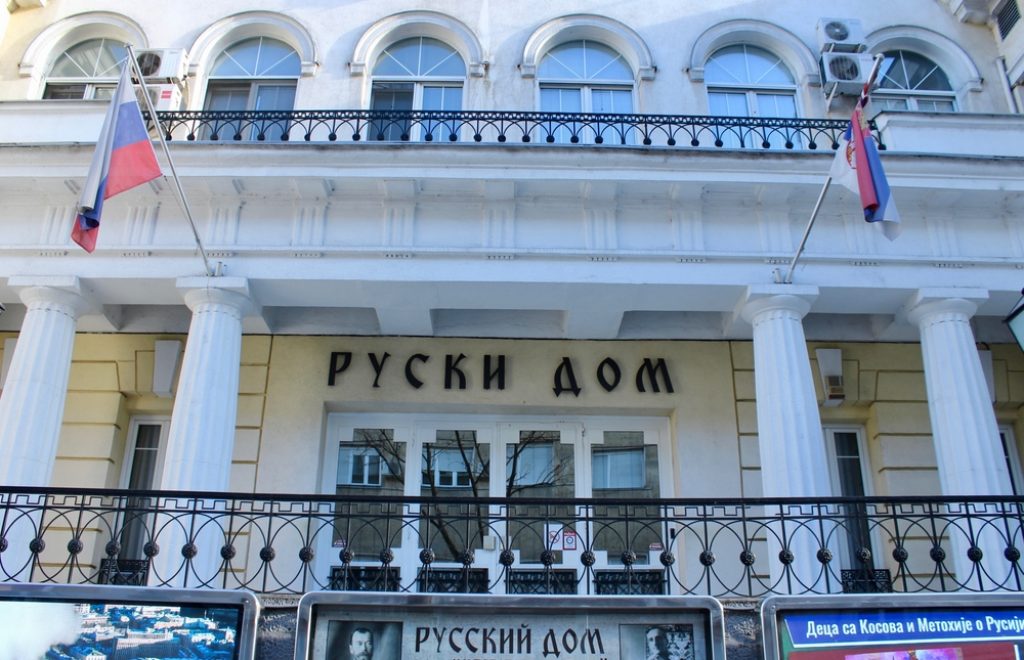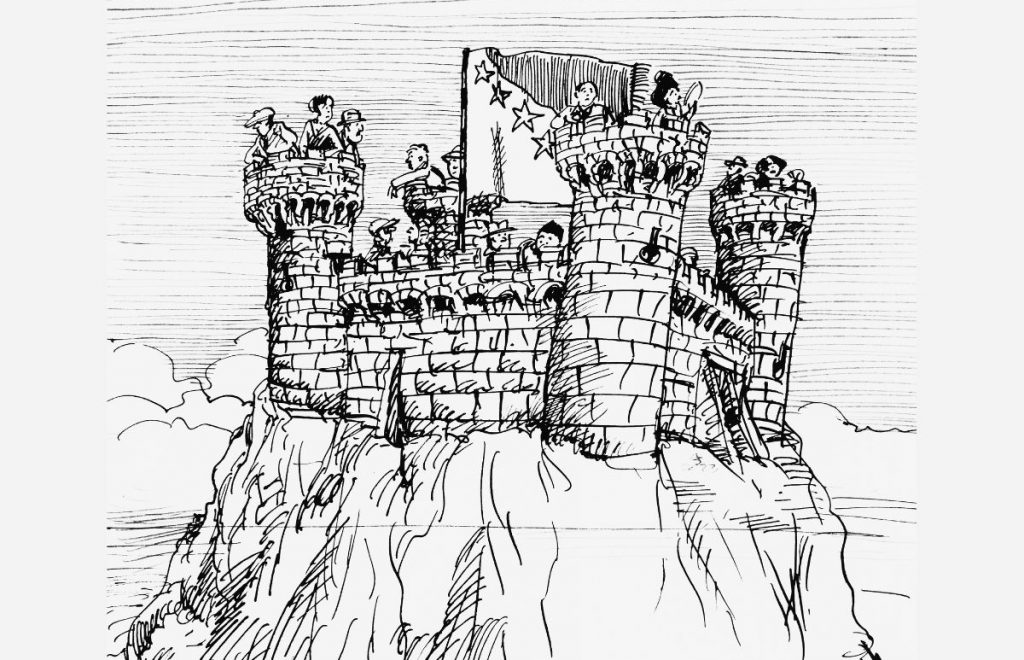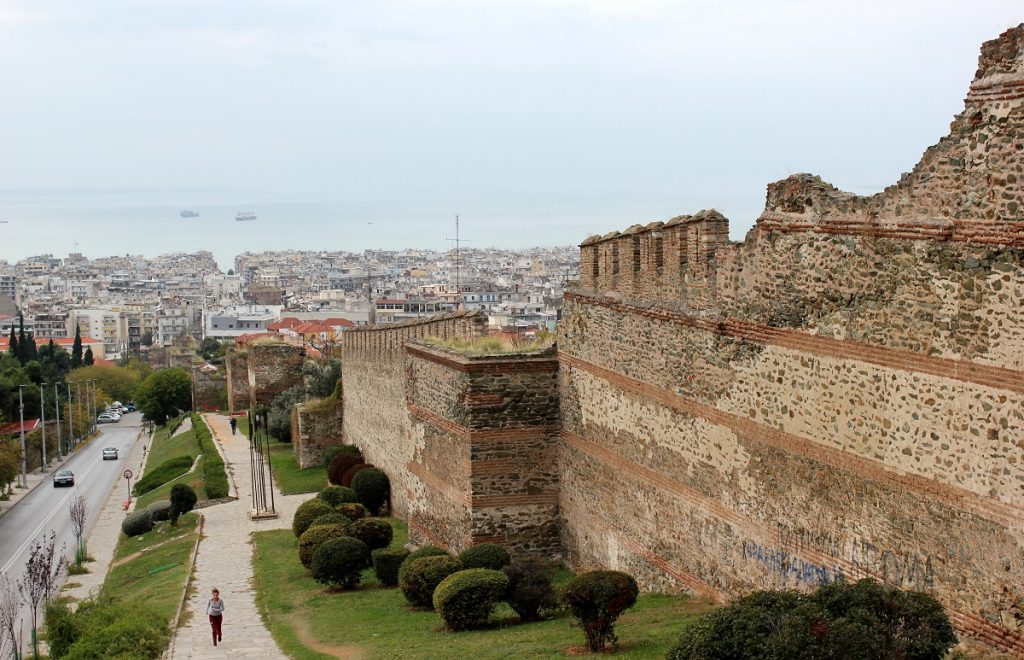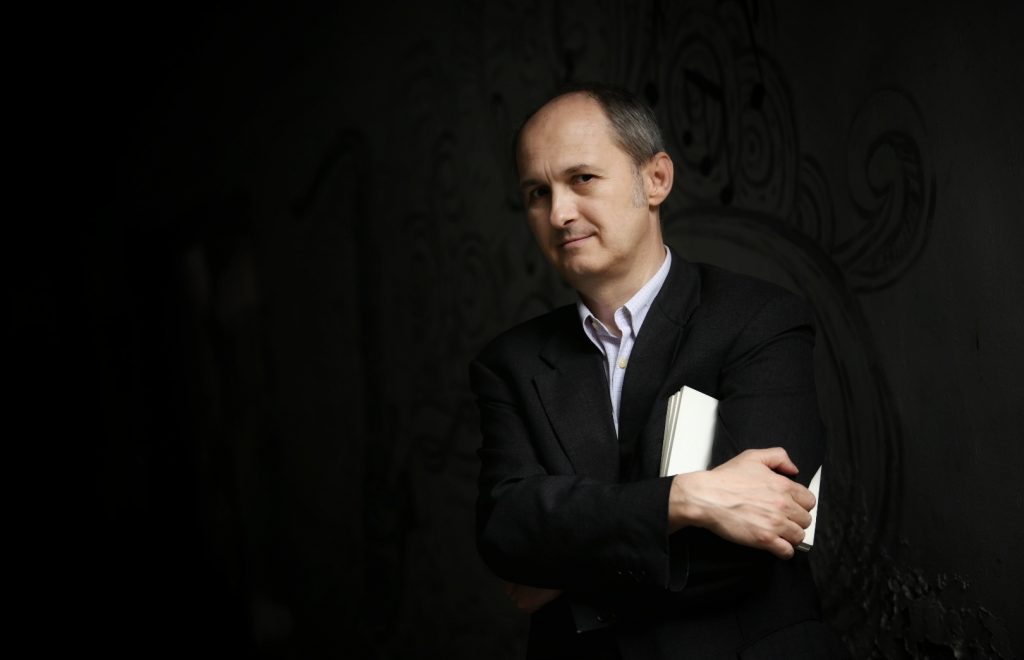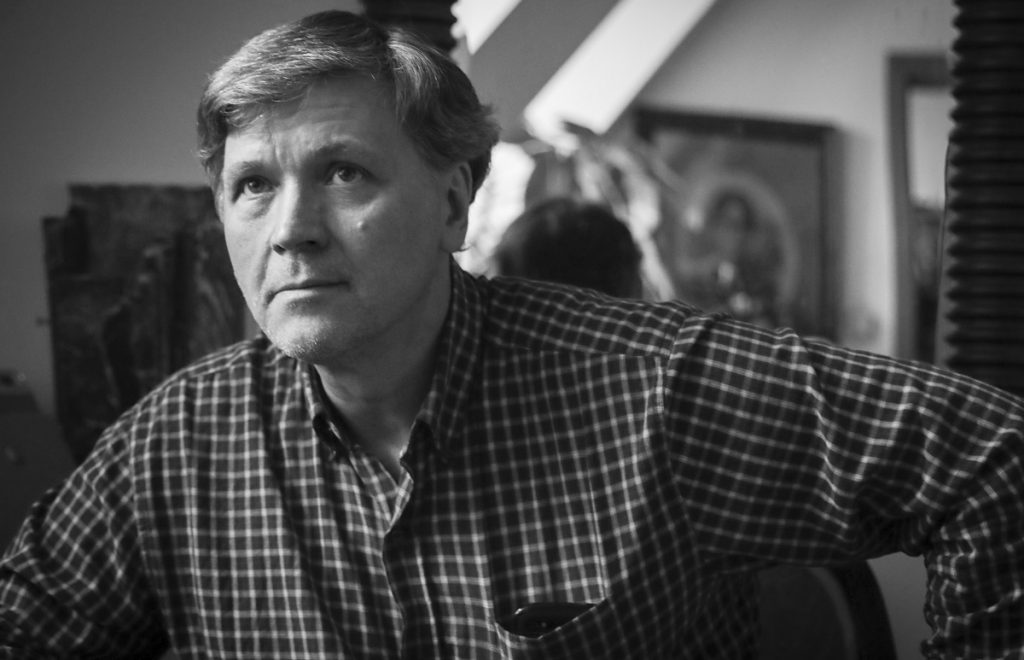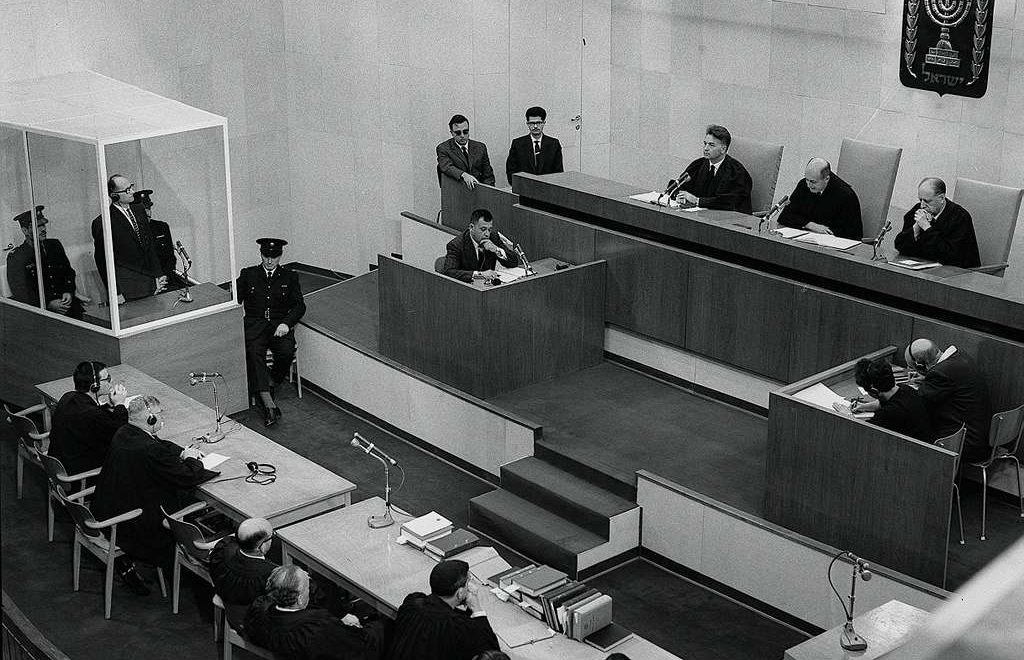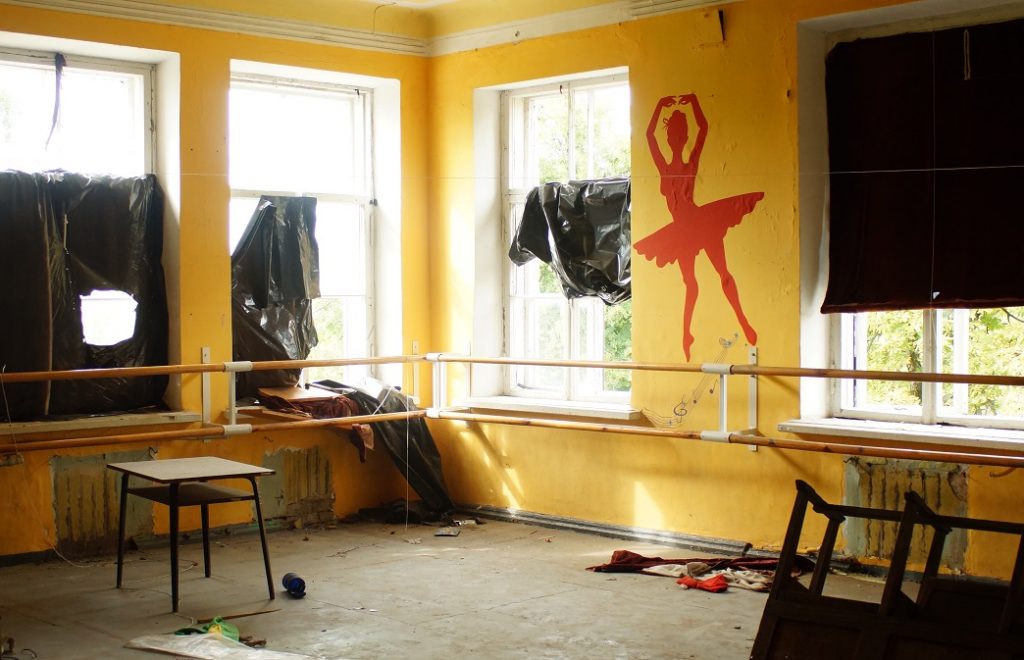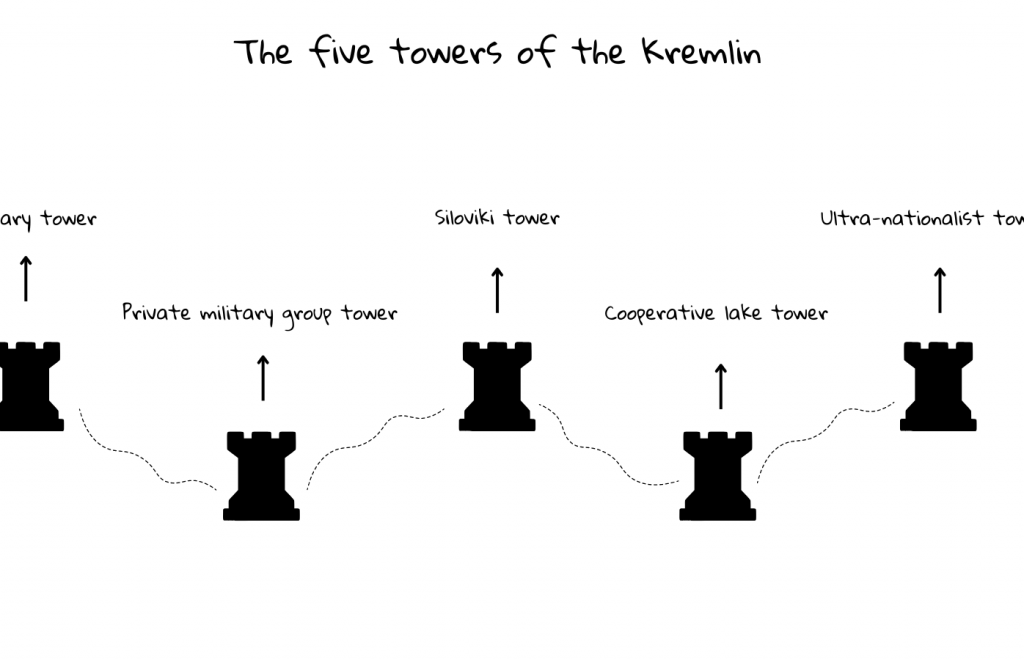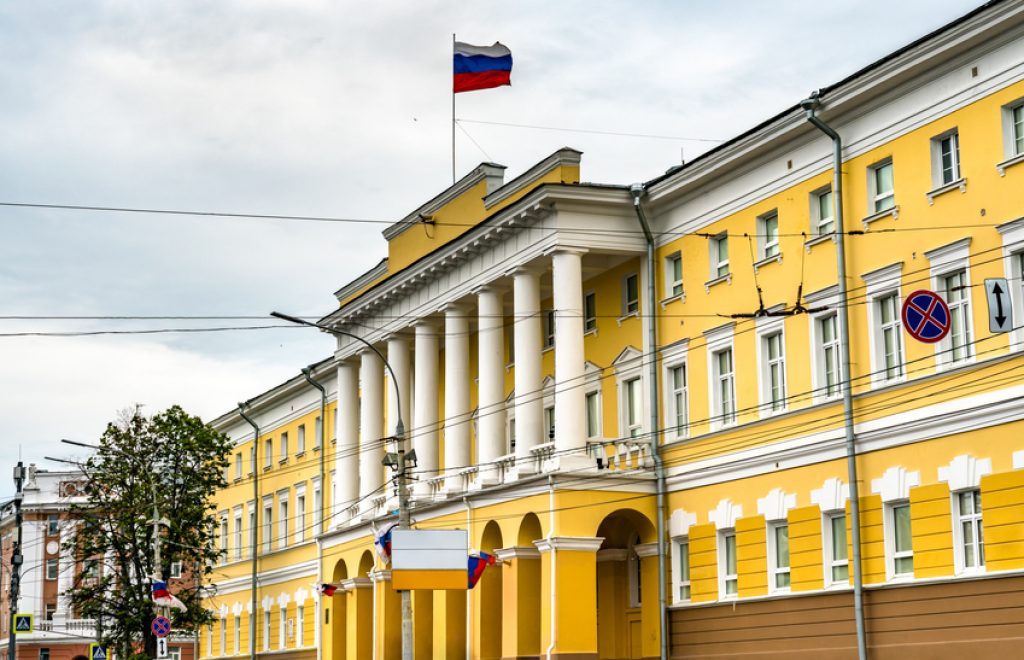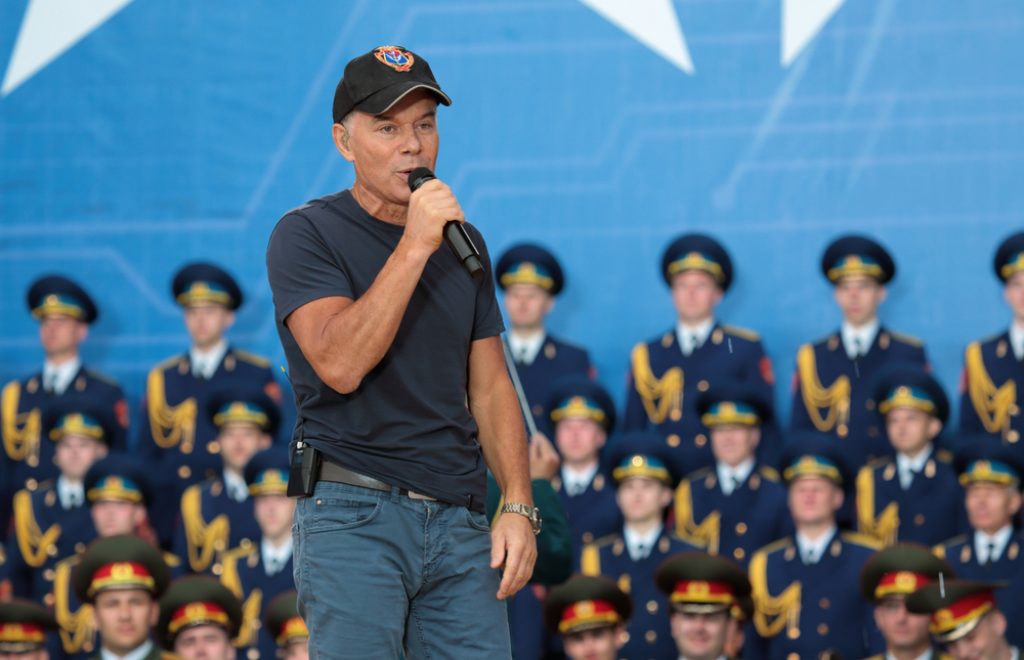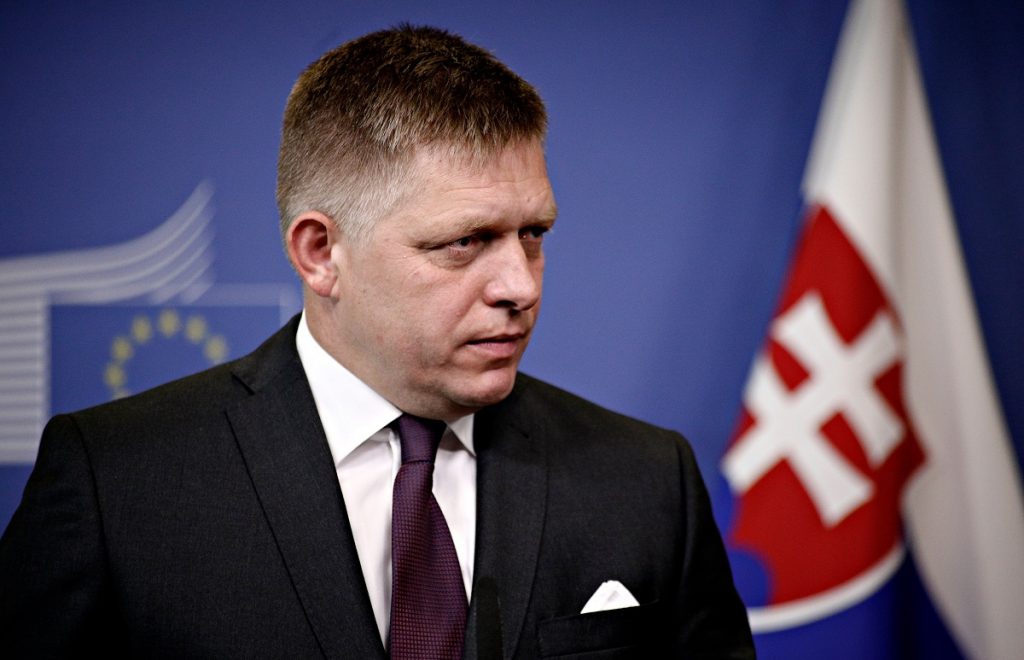Russia’s (fading) influence
It is commonly said that the Russian aggression against Ukraine has further exposed the fault lines between Moscow and the West in the Western Balkans and that Russia’s aggressive posture in the region is only set to grow as a consequence of the war. Is this concern legitimate or is the Kremlin’s influence in the Western Balkans going to diminish as a consequence of Putin’s invasion of Ukraine?
September 11, 2023 - Katarina Tadić


